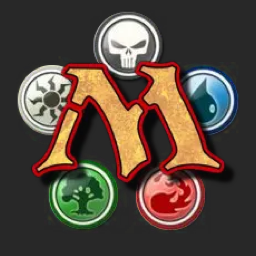

MKM was less bomb-heavy than OTJ, so at least drafts seemed better. I missed the prerelease, so I don’t know how swingy it was in limited. I suspect quite a lot anyway - prereleases have always been swingy, and as long as rares are more powerful than commons, more rares in a pack will always make it swingier.




If you’re talking about the “Value” booster, your LGS probably won’t (and shouldn’t) stock those. That’s for grandmas to buy at dollar stores and Walmart checkout aisles. It’s an absolutely scummy product, but it shouldn’t cause SKU issues at your LGS.